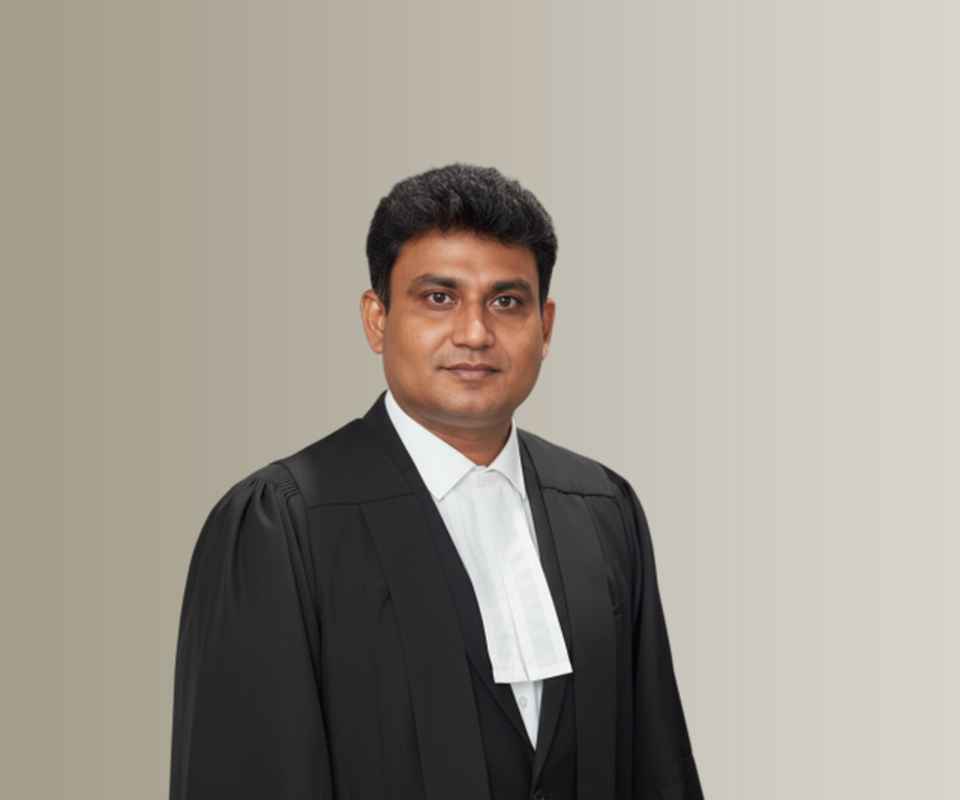Answer By law4u team
The Constitution of India enshrines certain fundamental rights that guarantee the right to education to all citizens, ensuring equality, access, and opportunities for education. These rights primarily aim to protect the educational interests of children, promote inclusive education, and prevent discrimination based on caste, gender, or economic background.
Key Fundamental Rights Related to Education:
1. Article 21A: Right to Education
Article 21A of the Indian Constitution, added by the 86th Constitutional Amendment Act of 2002, guarantees the Right to Education to all children between the ages of 6 to 14 years.
This article mandates that the state must provide free and compulsory education to every child in this age group. It emphasizes the state's responsibility to ensure that every child has access to elementary education.
This fundamental right is enforceable by law and ensures that education is a legal entitlement, not just a privilege.
2. Article 45: Provision for Free and Compulsory Education for Children
Article 45 of the Indian Constitution directs the state to provide free and compulsory education to children until they reach the age of 14 years. This provision was initially aimed at making education universally available to children under 14 years of age.
Though Article 45 was originally meant to be implemented progressively, its directive was given practical effect through the Right to Education Act (RTE), which came into force in 2009.
3. Article 46: Promotion of Education Among Weaker Sections
Article 46 focuses on the promotion of education and economic interests of Scheduled Castes (SCs), Scheduled Tribes (STs), and other weaker sections of society.
The article emphasizes the protection of the educational rights of these communities, directing the state to take measures to provide opportunities for their education and advancement.
4. Article 29: Protection of Interests of Minorities
Article 29 grants protection to the cultural and educational rights of minorities. This provision ensures that minority communities (based on religion, language, or ethnicity) have the right to establish and administer educational institutions of their choice.
It allows minorities to preserve their culture and education system, promoting diversity and inclusion in education.
5. Article 30: Right of Minorities to Establish Educational Institutions
Article 30 gives minority communities the right to establish and administer educational institutions.
This article safeguards the rights of religious and linguistic minorities to run their own schools and colleges without any interference from the state. The state must respect their right to preserve their culture and education.
6. Article 14: Right to Equality
Article 14 of the Constitution guarantees equality before the law and equal protection of the law to all citizens.
In the context of education, this article ensures that no individual is discriminated against based on caste, religion, gender, or socioeconomic status when accessing education. It mandates that all citizens must have equal opportunities for education, regardless of their background.
7. Article 15: Prohibition of Discrimination
Article 15 prohibits discrimination on the grounds of religion, race, caste, sex, or place of birth.
In education, this article prevents discriminatory practices in schools, ensuring that students are not denied admission or subjected to unfair treatment based on any of these grounds.
Education Laws and Their Enforcement:
The Right to Education Act (RTE) 2009:
This law ensures the implementation of the Right to Education for children aged 6-14 years and lays down guidelines for the free and compulsory education of children. It also includes provisions for the quality of education, infrastructure, teacher-student ratios, and the prohibition of child labor.
National Policy on Education:
The National Policy on Education (NPE) is a framework that guides the state's education policy, with a focus on improving accessibility, quality, and inclusiveness in education.
Example:
A child from a rural village in Uttar Pradesh, belonging to an economically disadvantaged family, is entitled to free education under Article 21A of the Constitution. The Right to Education Act (RTE) ensures that the child has access to a nearby government school without having to pay any fees. Additionally, the school cannot refuse admission based on the child's economic background or social status, ensuring equal educational opportunities under Article 14 and Article 15.
Conclusion:
The fundamental rights related to education in India, enshrined in the Constitution, ensure that every child, regardless of background, has access to free and compulsory education. Key provisions such as Article 21A (Right to Education), Article 45, and Article 46 guarantee education as a fundamental right, with a particular focus on vulnerable groups, while Articles 29 and 30 protect the rights of minorities to establish their own educational institutions. These constitutional safeguards aim to promote an inclusive, equitable, and accessible education system in India, enabling all children to achieve their educational potential.






